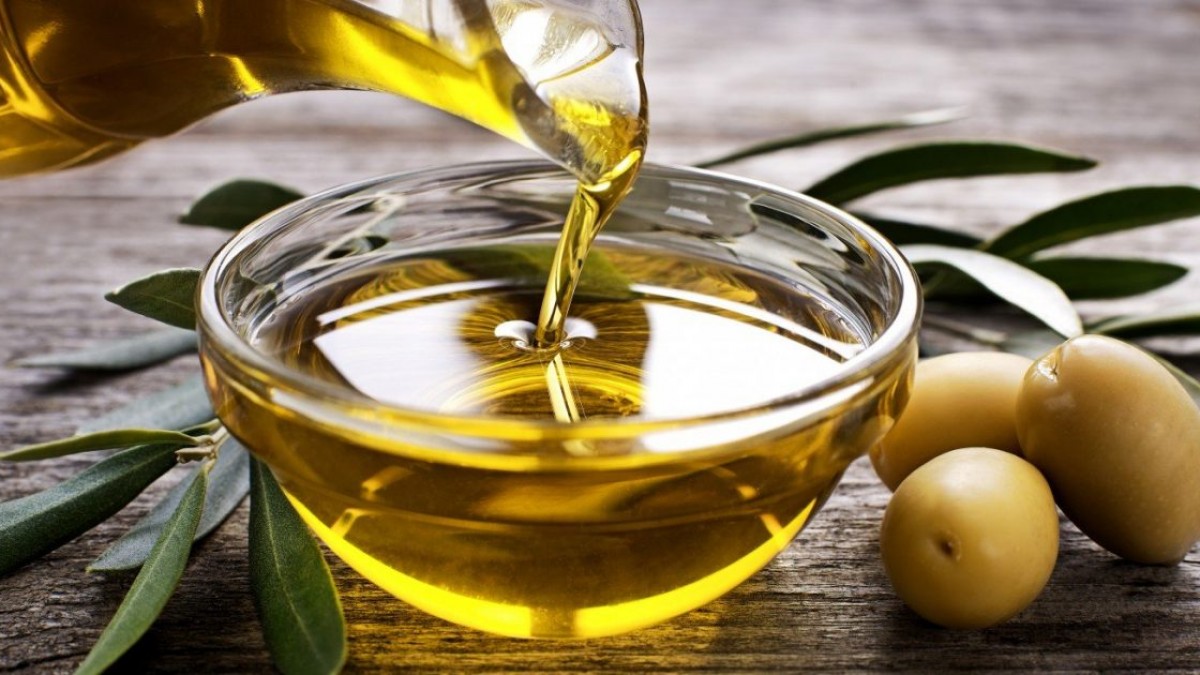Extra Virgin Olive Oil fights Alzheimer's disease!

It is well known that the Mediterranean diet, rich in plant-based foods, is associated with a variety of health benefits.
Now, researchers at the Lewis Katz School of Medicine at Temple University (LKSOM) have identified a specific ingredient that protects against cognitive decline: extra-virgin olive oil, a major component of the Mediterranean diet. In a study published online June 21 in the Annals of Clinical and Translational Neurology, the researchers showed that the consumption of extra-virgin olive oil protects memory and learning ability and reduces the formation of amyloid-beta plaques and neurofibrillary tangles in the brain – which are responsible for Alzheimer's disease.
"We found that olive oil reduces brain inflammation but most importantly activates a process known as autophagy, the process by which cells break down and clear out intracellular debris and toxins, such as amyloid plaques and tau tangles " explained senior investigator Domenico Praticò, MD, Professor in the Departments of Pharmacology and Microbiology and the Center for Translational Medicine at LKSOM.
Previous studies have suggested that the widespread use of extra-virgin olive oil in the diets of people living in the Mediterranean areas is largely responsible for the many health benefits linked to the Mediterranean diet. "The thinking is that extra-virgin olive oil is better than fruits and vegetables alone, and as a monounsaturated vegetable fat it is healthier than saturated animal fats," according to Dr. Praticò.

The researchers divided the animals into two groups, one that received a chow diet enriched with extra-virgin olive oil and one that received the regular chow diet without it. The olive oil was introduced into the diet when the mice were six months old, before symptoms of Alzheimer's disease begin to emerge in the animal model.
When the mice turned 9 and 12 months old, the ones on the extra virgin olive oil-enriched diet performed significantly better on tests designed to evaluate working memory, spatial memory, and learning abilities, while studies of brain tissue from both groups of mice revealed dramatic differences in nerve cell appearance and function.
Dr. Praticò plans next to investigate the effects of introducing extra-virgin olive oil into the diet of the same mice at 12 months of age, when they have already developed plaques and tangles. "Usually when a patient sees a doctor for suspected symptoms of dementia, the disease is already present," Dr. Praticò added. "We want to know whether olive oil added at a later time point in the diet can stop or reverse the disease.